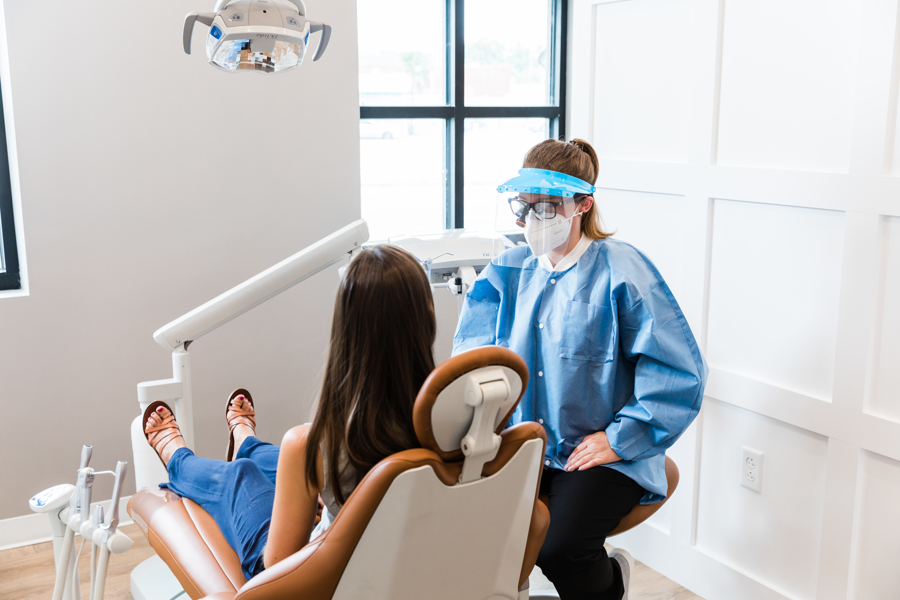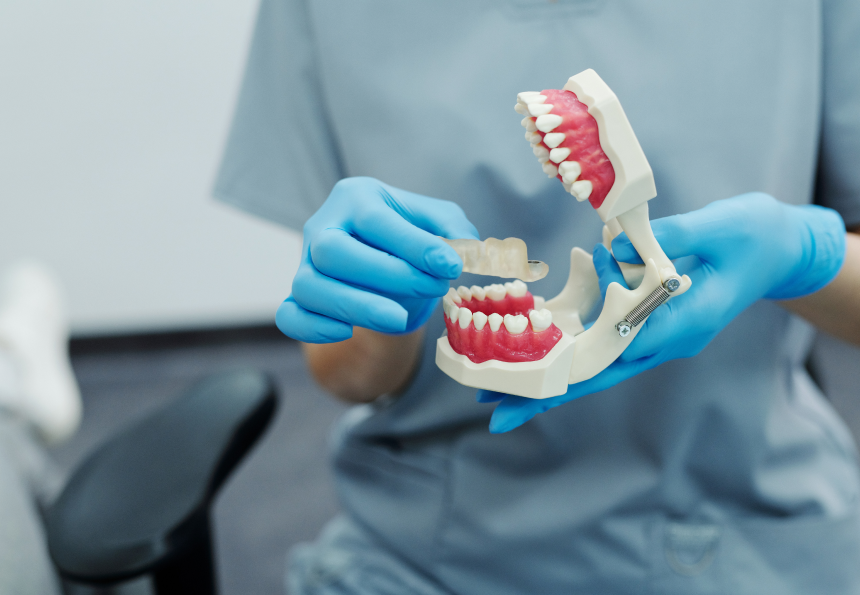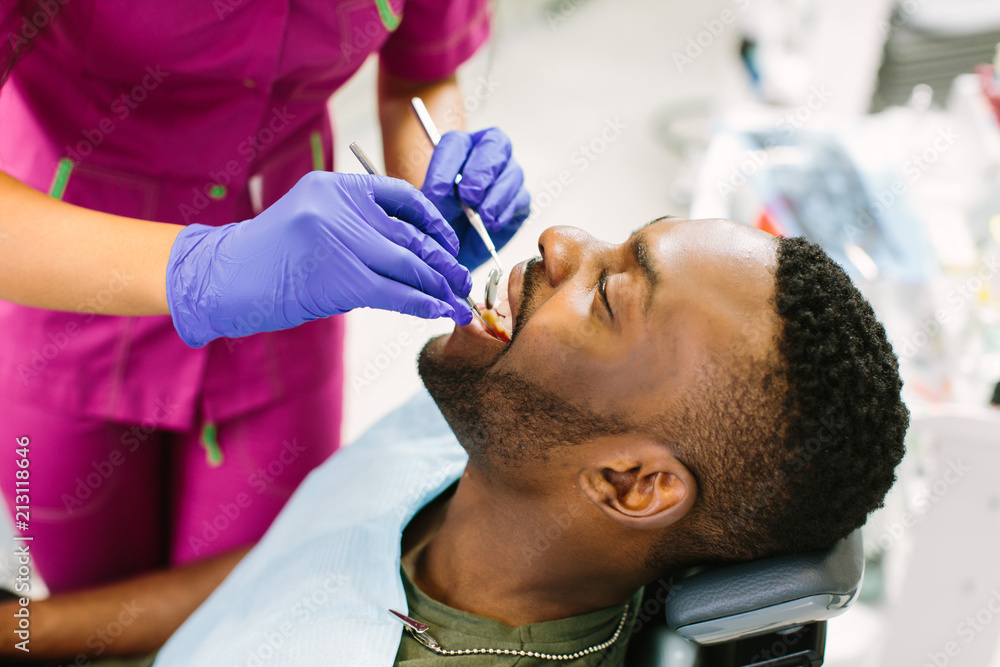Common Questions About Oral Veneers Responded To
Dental veneers have actually become a significantly sought-after choice for those looking to enhance their smiles, yet lots of people stay unclear regarding numerous aspects of their usage. As we discover these common queries, it becomes vital to consider not only the advantages yet also the ramifications of deciding for oral veneers in pursuit of a much more certain appearance.
What Are Dental Veneers?
Dental veneers are slim, personalized shells crafted from porcelain or composite resin that are created to cover the front surface area of teeth. These oral prosthetics serve both useful and aesthetic purposes, offering an option for numerous dental imperfections, consisting of staining, chips, voids, and misalignment. By adhering to the teeth, veneers can substantially boost the overall appearance of a smile, creating a much more uniform and appealing look.
Porcelain veneers are specifically preferred for their natural translucency and tarnish resistance, making them an excellent selection for individuals seeking durable results. On the other hand, composite material veneers are typically less costly and can be used in a solitary see, but they may not use the same durability as porcelain alternatives.
The decision to choose dental veneers frequently originates from a need for visual renovation, but patients ought to likewise think about aspects such as the durability of the product, upkeep demands, and the prospective requirement for tooth reduction (Low Cost Veneers). Inevitably, oral veneers stand for a functional and efficient option for accomplishing a radiant smile, accommodating individual aesthetic demands while advertising self-confidence and self-esteem
How Are Veneers Applied?
The application procedure for veneers calls for mindful preparation and precision to ensure optimal outcomes. The treatment usually begins with a comprehensive assessment, where the dental professional assesses the patient's oral health and wellness, talks about desired end results, and figures out the suitable type of veneers, whether porcelain or composite material.
When the treatment strategy is established, the dentist prepares the teeth by getting rid of a thin layer of enamel, usually concerning 0.5 mm to 1 mm, to fit the veneer. This step is vital as it makes sure a proper fit and protects against the veneers from appearing cumbersome - Dental Veneers. After preparation, impacts of the teeth are taken to develop custom-made veneers that match the client's unique dental framework and aesthetic choices
While the long-term veneers are being made in a dental laboratory, momentary veneers may be placed to secure the ready teeth. Once the long-term veneers are ready, the dentist will thoroughly bond them to the teeth utilizing a solid oral adhesive.
What Are the Conveniences?

Moreover, veneers are understood for their durability and resistance to discoloring contrasted to all-natural teeth. Made from top quality products such as porcelain or composite material, they can maintain their appearance for many years with proper treatment. This durability makes them a functional financial investment in one's oral appearance.
Along with visual improvements, veneers can additionally contribute to boosted dental health. By covering harmed or damaged teeth, they can give extra assistance and defense, assisting to avoid further decay or degeneration. This safety facet can lower the need for more comprehensive dental procedures in the future.

Just How Long Do They Last?
With appropriate treatment and maintenance, dental veneers can last anywhere from 10 to 15 years, making them a durable solution for improving one's smile. The long life of veneers largely depends upon the product made use of, the quality of the preliminary positioning, and the patient's adherence to oral hygiene techniques.
Porcelain veneers are known for their sturdiness and resistance to discoloration, typically lasting closer to the 15-year mark when taken care of suitably. Compound veneers, while more cost effective, might require Going Here replacement quicker, commonly within 5 to one decade as a result of their susceptibility to wear and discoloration.

In addition, wearing a mouthguard during sporting activities or nighttime can provide additional defense. Inevitably, while veneers provide a substantial visual enhancement, their durability is dramatically influenced by the commitment to appropriate oral treatment and regular assessments with an oral specialist.
Are There Any Dangers?
Thinking about the transformative results of oral veneers, it is necessary to acknowledge the prospective dangers linked with their application. While veneers can boost the appearance of teeth, the procedure includes the removal of a thin layer of enamel, which can increase tooth sensitivity and vulnerability to decay.
One substantial threat is the opportunity of incorrect placement or suitable, causing discomfort, bite imbalance, or even damages to the underlying tooth framework. Furthermore, if the veneers are not kept appropriately, they can become blemished or cracked gradually, requiring substitute.
Clients may additionally experience sensitive responses to the products utilized in the veneers, especially if they have sensitivities to certain oral compounds. In addition, while veneers are long lasting, they are not undestroyable; extreme force from clenching or grinding can bring about cracks.
It is important for patients to talk to a qualified dental specialist to examine their private risks and to adhere to aftercare directions diligently. By recognizing these dangers, patients can make enlightened choices regarding their oral veneer treatment and ensure the long life and success of their enhancements.
Verdict
In recap, dental veneers stand for a valuable cosmetic remedy for improving smiles, with factors to consider regarding their application, advantages, durability, and linked dangers. Their effectiveness is influenced by factors such as the option of product, with porcelain offering remarkable resilience contrasted to composite alternatives. Correct care and upkeep are necessary to make the most of the life-span of veneers. Ultimately, educated decision-making Resources regarding oral veneers can bring about satisfying visual outcomes and enhanced oral health.
Dental veneers are thin, tailor-made coverings crafted from porcelain or composite material that are designed to cover the front surface of teeth. After preparation, perceptions of the teeth are taken to produce personalized veneers that match the person's unique dental structure and aesthetic preferences.
While the long-term veneers are being produced in an oral lab, short-lived veneers might be positioned to shield the ready teeth. As soon as the permanent veneers are ready, the dental expert will very carefully bond them to the teeth making use of a solid oral adhesive. Eventually, notified decision-making relating to dental veneers can lead to satisfying aesthetic results and improved dental health.